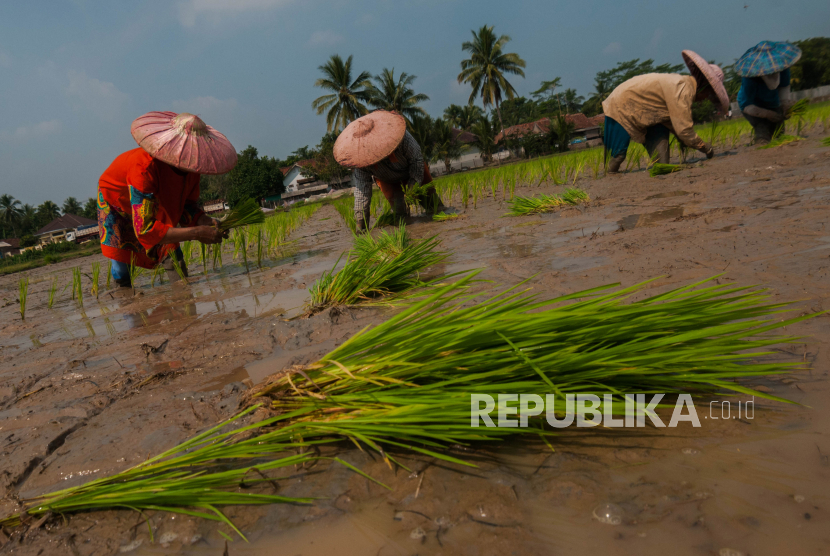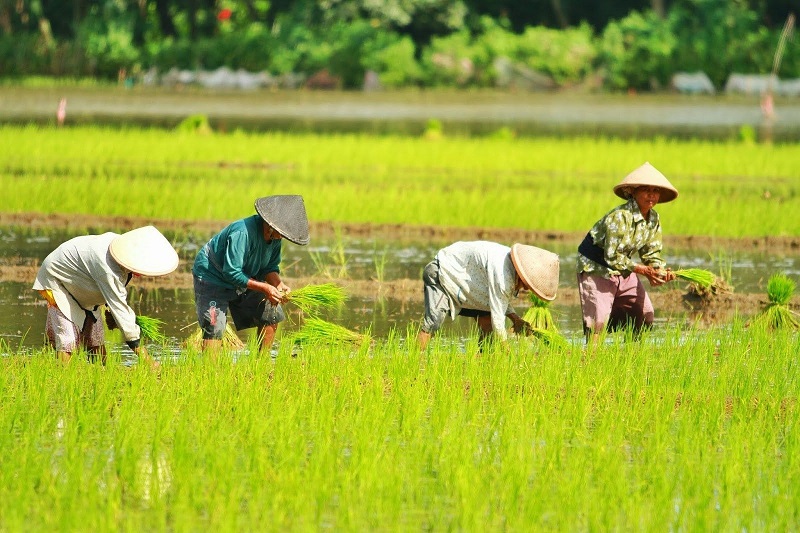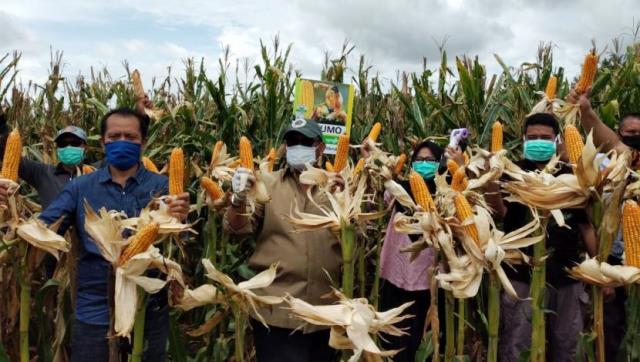Kebijakan dan Regulasi Pertanian untuk Pertumbuhan Sektor
Introduction
As one of the key sectors contributing to a nation's economy, agriculture plays a crucial role in ensuring food security and promoting sustainable development. In order to foster the growth of the agricultural sector, various policies and regulations are implemented to support farmers, enhance productivity, and safeguard the environment. This article explores the importance of these policies and regulations in driving the growth of the agricultural sector.
 Source: bing.com
Source: bing.comInvestment in Agricultural Infrastructure
Agricultural infrastructure, including irrigation systems, roads, storage facilities, and research institutions, is vital for the development of the agricultural sector. Governments typically allocate substantial funds for the construction and maintenance of this infrastructure, ensuring that farmers have access to the necessary resources for efficient production. Such investments not only increase productivity but also reduce post-harvest losses and improve market access for farmers.
 Source: bing.com
Source: bing.comPrice Stabilization Mechanisms
Price volatility in the agricultural sector can have detrimental effects on farmers' income and overall food security. To mitigate this, governments establish price stabilization mechanisms, such as minimum support prices (MSP) and crop insurance programs. MSP guarantees a minimum price for farmers' produce, ensuring they receive fair compensation for their efforts. Crop insurance programs provide a safety net for farmers, protecting them against losses caused by natural disasters or market fluctuations.
 Source: bing.com
Source: bing.comSupport for Small-Scale Farmers
Small-scale farmers constitute a significant portion of the agricultural workforce in many countries. To promote inclusivity and equitable growth, policies are implemented to support these farmers. This includes providing access to credit, training programs, and technical assistance. By empowering small-scale farmers, governments contribute to poverty reduction, rural development, and increased agricultural productivity.
 Source: bing.com
Source: bing.comSustainable Agricultural Practices
With the increasing awareness of environmental sustainability, policies and regulations are put in place to encourage farmers to adopt sustainable agricultural practices. This includes promoting organic farming, reducing the use of chemical inputs, and implementing soil and water conservation measures. By prioritizing sustainability, governments ensure the long-term viability of the agricultural sector while preserving natural resources for future generations.
 Source: bing.com
Source: bing.comResearch and Development
Investment in agricultural research and development (R&D) is crucial for innovation and the advancement of farming techniques. Governments collaborate with research institutions and universities to develop new technologies, crop varieties, and farming practices. Through R&D, farmers gain access to improved seeds, efficient irrigation systems, and pest management strategies, ultimately enhancing productivity and the sector's overall competitiveness.
 Source: bing.com
Source: bing.comTrade and Market Access
Facilitating trade and improving market access for agricultural products is essential for sector growth. Governments negotiate trade agreements, reduce trade barriers, and establish market linkages to enhance farmers' access to domestic and international markets. These measures promote competitiveness, increase farmers' income, and contribute to the overall economic development of the country.
 Source: bing.com
Source: bing.comFarmers' Rights and Welfare
Recognizing the importance of farmers' rights and welfare, policies are implemented to protect their interests. These policies encompass fair pricing, access to social security, healthcare, and education for farmers and their families. By ensuring farmers' well-being, governments foster a conducive environment for sustainable agricultural growth and development.
 Source: bing.com
Source: bing.comConclusion
Effective policies and regulations are crucial for the growth and development of the agricultural sector. By investing in infrastructure, stabilizing prices, supporting small-scale farmers, promoting sustainable practices, prioritizing research and development, facilitating trade, and safeguarding farmers' rights, governments can create an enabling environment for sectoral growth. These measures not only benefit farmers but also contribute to food security, poverty reduction, and overall economic development. It is essential for policymakers to continue prioritizing the agricultural sector and implementing policies that address its unique challenges and opportunities.
Post a Comment for "Kebijakan dan Regulasi Pertanian untuk Pertumbuhan Sektor"